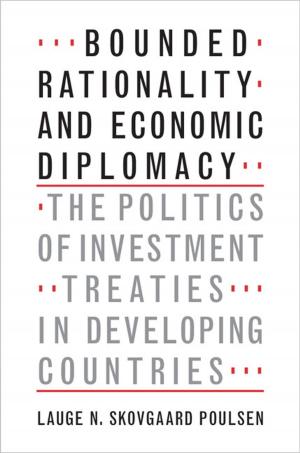Empire, Emergency and International Law
Nonfiction, Reference & Language, Law, International, Social & Cultural Studies, Political Science| Author: | John Reynolds | ISBN: | 9781316780411 |
| Publisher: | Cambridge University Press | Publication: | August 10, 2017 |
| Imprint: | Cambridge University Press | Language: | English |
| Author: | John Reynolds |
| ISBN: | 9781316780411 |
| Publisher: | Cambridge University Press |
| Publication: | August 10, 2017 |
| Imprint: | Cambridge University Press |
| Language: | English |
What does it mean to say we live in a permanent state of emergency? What are the juridical, political and social underpinnings of that framing? Has international law played a role in producing or challenging the paradigm of normalised emergency? How should we understand the relationship between imperialism, race and emergency legal regimes? In addressing such questions, this book situates emergency doctrine in historical context. It illustrates some of the particular colonial lineages that have shaped the state of emergency, and emphasises that contemporary formations of emergency governance are often better understood not as new or exceptional, but as part of an ongoing historical constellation of racialised emergency politics. The book highlights the connections between emergency law and violence, and encourages alternative approaches to security discourse. It will appeal to scholars and students of international law, colonial history, postcolonialism and human rights, as well as policymakers and social justice advocates.
What does it mean to say we live in a permanent state of emergency? What are the juridical, political and social underpinnings of that framing? Has international law played a role in producing or challenging the paradigm of normalised emergency? How should we understand the relationship between imperialism, race and emergency legal regimes? In addressing such questions, this book situates emergency doctrine in historical context. It illustrates some of the particular colonial lineages that have shaped the state of emergency, and emphasises that contemporary formations of emergency governance are often better understood not as new or exceptional, but as part of an ongoing historical constellation of racialised emergency politics. The book highlights the connections between emergency law and violence, and encourages alternative approaches to security discourse. It will appeal to scholars and students of international law, colonial history, postcolonialism and human rights, as well as policymakers and social justice advocates.















